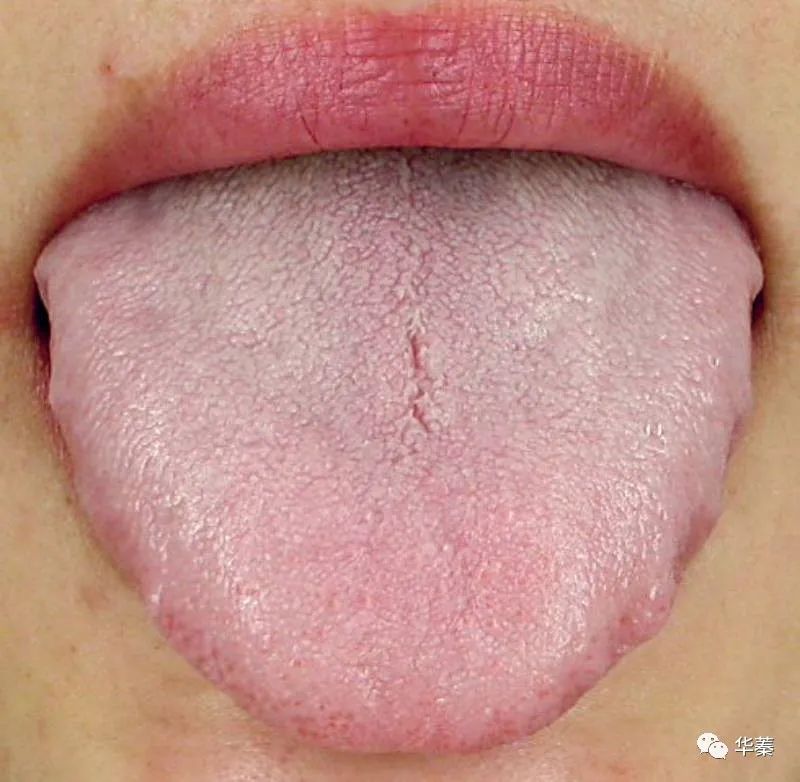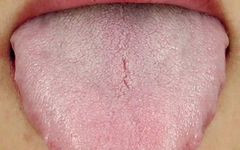What is Qi Deficiency?
Qi deficiency is a manifestation of insufficient Zheng Qi (正气) in the body, referring to a series of pathological changes and syndromes caused by a lack of Yuan Qi (元气). Qi is the most fundamental substance in the human body, formed by the essence (精气) from the kidneys, the food essence (水谷之气) absorbed and transformed by the spleen and stomach, and the clear Qi (清气) inhaled by the lungs.
Qi exists throughout the body in various forms, driving bodily functions such as Zong Qi (宗气), Zhong Qi (中气), Yuan Qi (元气), Wei Qi (卫气), Shen Qi (肾气), Pi Qi (脾气), Fei Qi (肺气), Gan Qi (肝气), and Xin Qi (心气), playing roles in promoting, warming, defending, consolidating, and transforming.
Therefore, once Qi is deficient, these functions will decline, leading to a series of issues such as decreased bodily functions, deterioration, and reduced resistance to diseases.
Specific Manifestations of Qi Deficiency
❶ Always feeling fatigued, with weak limbs, speaking without strength, and becoming short of breath with minimal movement.
❷ Sweating easily during the day, sweating profusely with slight exercise, and being particularly sensitive to wind and cold, making one prone to colds, which may linger.
❸ Mental fatigue, dizziness, and tinnitus.
❹ Weak or thin pulse, cold hands and feet, and pale complexion.
❺ Obstruction in the distribution of fluids, with severe cases leading to edema.
❻ Signs of organ weakness, such as postprandial abdominal distension, weak digestion, and irregular bowel movements.
❼ In severe cases of Qi deficiency, there may be bleeding and sinking of Qi mechanisms.
The most important way to determine if one has Qi deficiency is to observe the tongue. Individuals with Qi deficiency often exhibit a tooth-marked tongue (齿痕舌).

What is a tooth-marked tongue? A tooth-marked tongue has indentations along the edges from the teeth. Individuals with a tooth-marked tongue generally have a swollen tongue body and a moist tongue surface.
Symptoms of Qi deficiency become more pronounced in the spring and summer.
First, individuals with Qi deficiency sweat excessively.
Generally, those with Qi deficiency will sweat more severely in spring and summer; even slight exercise or wearing a bit more clothing can lead to profuse sweating.
As the Qi rises in spring, with flowers blooming, the Qi in the body also changes. After a winter of dormancy, Yang Qi begins to emerge, and our body gradually opens up.
For those with Qi deficiency, Wei Qi (卫气) is not solid, and once Qi rises and escapes outward, the body will sweat due to insufficient consolidating power of the skin.
In the hot summer, the body sweats, but those with Qi deficiency sweat even more severely, leading to a vicious cycle of increased sweating and further Qi deficiency, known as “Qi disintegration and sweat loss”.
Second, individuals with Qi deficiency are particularly sensitive to wind.
In TCM, spring corresponds to the wood element, associated with the liver, and is the season with the most wind. This can be distressing for those with Qi deficiency, as the weather warms and people shed their heavy winter clothing, but the spring winds can be strong. For those who sweat easily, their pores are open, making them susceptible to wind, prompting them to wear more clothing.
In autumn and winter, if the weather is warm instead of cold, those with Qi deficiency may have open pores, leading to excessive sweating. During such times, they become even more sensitive to wind. Overall, individuals with Qi deficiency are more noticeably affected by wind and cold than others.
Third, individuals with Qi deficiency are particularly prone to colds.
Due to constant sweating, those with Qi deficiency are more susceptible to external pathogens. In seasons with significant temperature fluctuations, such as transitioning from warm spring to cold winter, the rapid changes in temperature, combined with persistent wind, create an environment conducive to the proliferation of bacteria and viruses, making those with Qi deficiency more likely to catch colds.
The “Huangdi Neijing” (《黄帝内经》) summarizes this well: “When Zheng Qi is present, evil cannot invade. Where evil gathers, Qi must be deficient.”
If Zheng Qi is insufficient, evil Qi can take the opportunity to invade, which serves as a crucial reminder for those with Qi deficiency.
Fourth, individuals with Qi deficiency often experience weakness in their limbs.
If one constantly feels sleepy and has difficulty waking up, with noticeably longer sleep duration, this may be due to insufficient blood, leaning more towards blood deficiency. However, if the primary symptoms are weakness in the limbs, reluctance to move, and a desire to lie down, this may indicate more severe Qi deficiency. In fact, Qi deficiency and blood deficiency are closely related; Qi and blood can mutually generate each other, and they often occur together, making it difficult to separate them.
Fifth, individuals with Qi deficiency are prone to allergies in spring.
A significant portion of those with allergic constitutions are Qi deficient. Such individuals are particularly susceptible to allergic rhinitis and skin allergies in spring and autumn. Only by properly tonifying the patient’s Zheng Qi can the allergic symptoms truly disappear.

